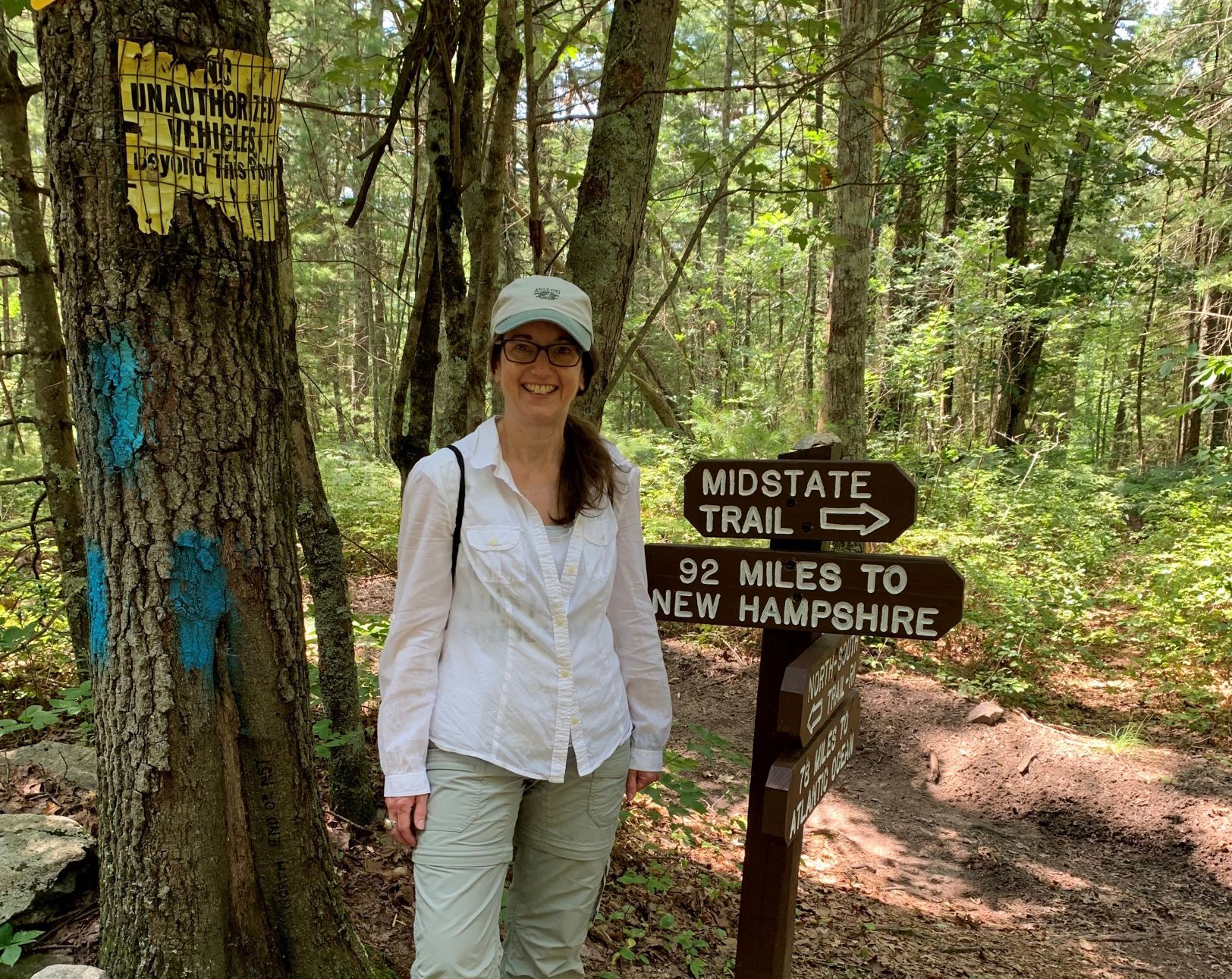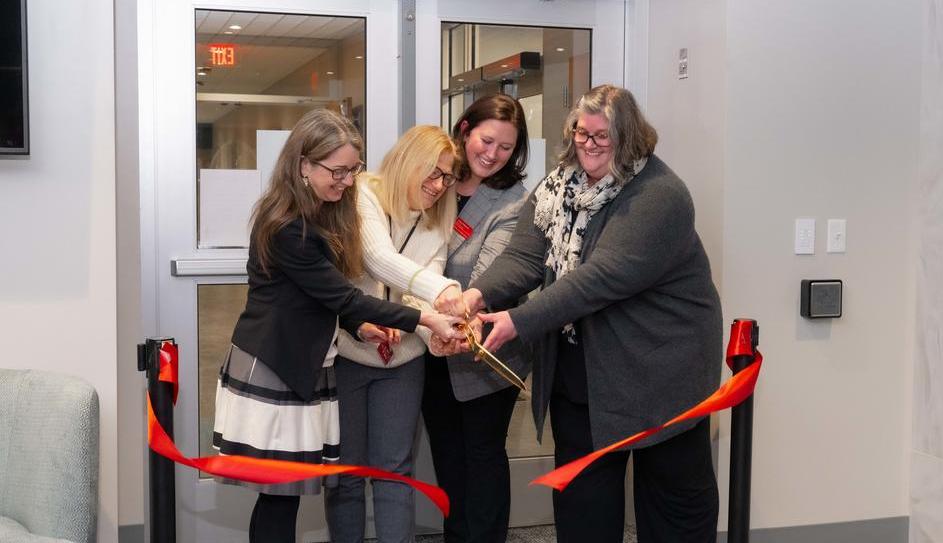As an integral part of the university’s efforts to support campus mental health and well-being, Worcester Polytechnic Institute (WPI) has named Paula Fitzpatrick, PhD, as the inaugural director of its new Center for Well-Being, which will provide wellness programming and support for the campus community. She will join WPI on February 28, 2022.
As part of a holistic approach to wellness, spanning academic and non-academic aspects of the student experience and aspects of work/life balance, the Center for Well-Being will apply evidence-based practices to promote well-being for students and the broader WPI campus community, recognizing the importance of faculty and staff in creating, maintaining, and modeling a healthier environment for all.
“I am delighted that Paula will help make the university’s vision of wellness on campus a reality by leading the efforts to create both the physical space for the Center and new programming that aims to help students develop the tools they need for their overall well-being as they successfully navigate college life,” said Charles Morse, LMHC, associate dean and director of WPI’s Student Development and Counseling Center. “Her vast experience in higher education, and her particular familiarity with mindfulness practices, position her well to lead the integration of campus-wide efforts to support our entire community, including faculty and staff, as we more purposefully center on wellbeing. WPI planned the Center for Well-Being as part of our 2021-2026 Strategic Plan: Lead with Purpose, and the current national climate surrounding mental health and well-being has made it even more critical that we implement that vision now.”
Fitzpatrick joins WPI from Assumption University where she is the dean of the D’Amour College of Liberal Arts and Sciences, a professor of psychology, and a certified mindfulness meditation teacher. While at Assumption, she forged campus-wide collaborations between residential life, academics, and student success, and strengthened its programming for first-year students, while providing vision and leadership for Assumption and its faculty. She has taught many courses on psychology, including Positive Psychology: Neuroscience of Well-being, Psychology of Art, and general cognitive and experimental psychology. She is certified as a Koru Mindfulness Teacher and an MSBR Mindfulness Teacher and has taught courses including Mindfulness-Based Stress Reduction (MBSR), Koru Mindfulness, and Perception. She will join WPI as an affiliate faculty member in the Psychological and Cognitive Science program.
At WPI, Fitzpatrick will work closely with a team tasked by the university to implement recommendations developed by the Mental Health and Well-Being Task Force, a group convened last fall to assess student, faculty, and staff mental health needs in the wake of a number of student deaths at WPI. She will also collaborate with key campus partners in the university’s counseling, health services, marketing communications, physical education/athletics, the Housing & Residential Experience Center, and dining services offices. Fitzpatrick will work closely with academic departments to develop opportunities for student project-based learning experiences aimed at improving campus well-being.
“I look forward to working with representatives across the WPI community to make the Center for Well-Being a focal point for the support programming and wellness resources already in place, as well as a physical location that is seen as a safe space where individuals can slow down and connect mind, body, and spirit in meaningful ways that foster greater resilience and holistic well-being,” said Fitzpatrick. “I am impressed with and excited by the bold step WPI is taking in creating this Center. I think it holds great promise for weaving wellness into the educational and work experience across all of WPI.”

